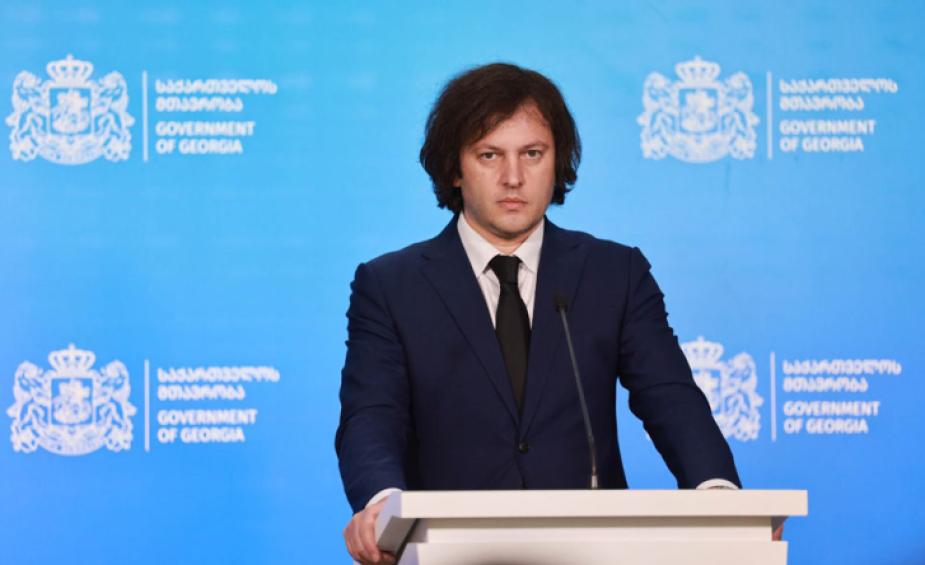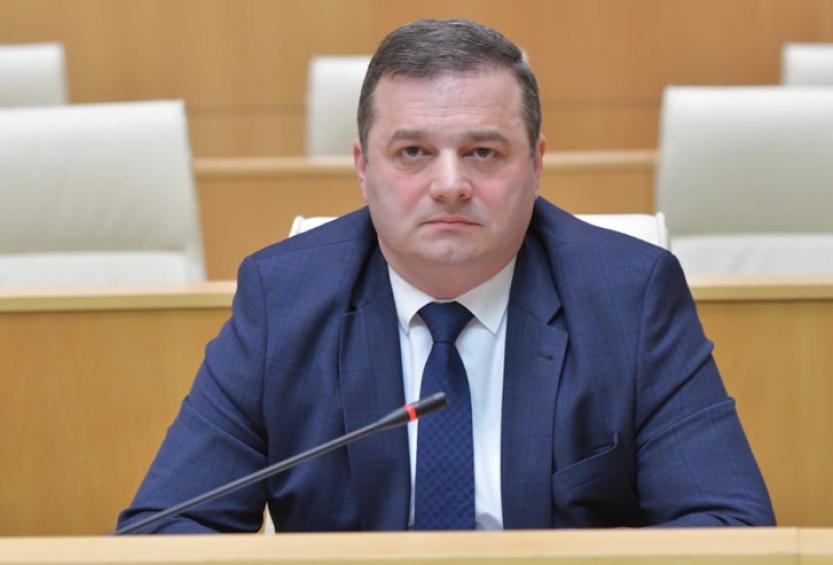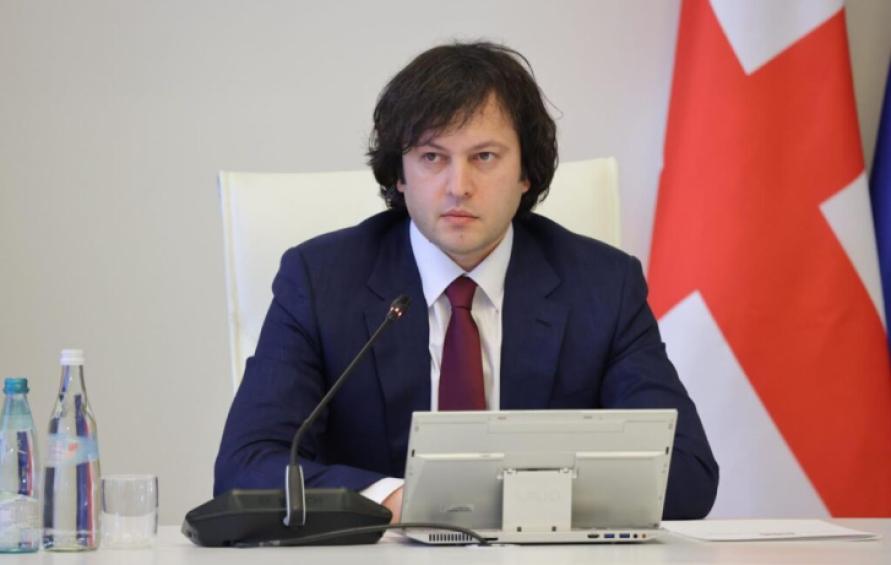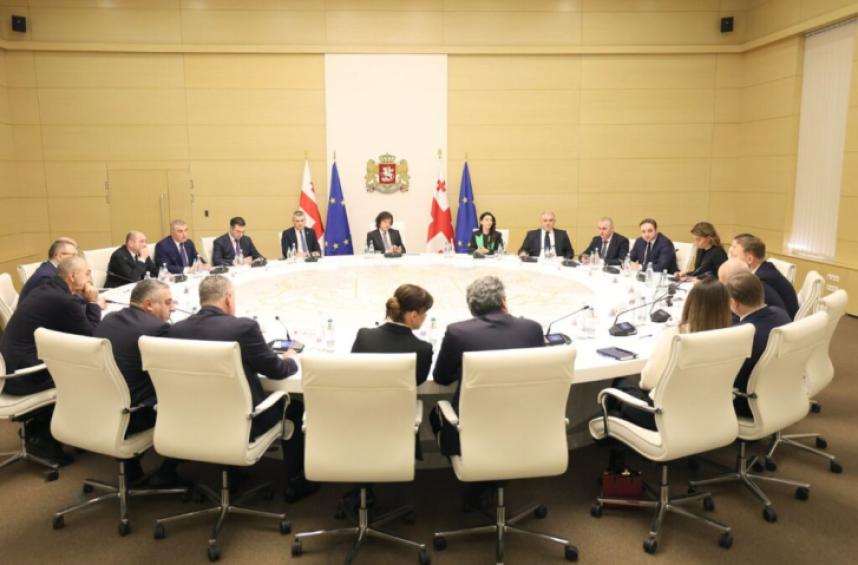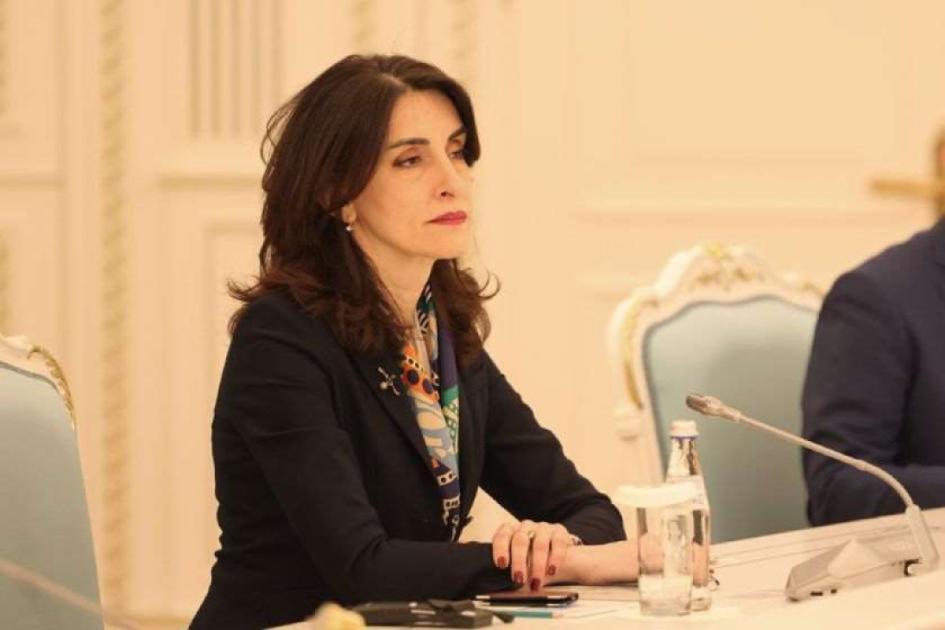
Georgian Foreign Minister Maka Bochorishvili has expressed concern over the lack of clarity in the U.S. position on Georgia, following comments made during a recent congressional hearing in Washington. Speaking to Rustavi 2, Bochorishvili responded to U.S. Senator Marco Rubio’s remarks during a session in the House of Representatives, in which Georgia was discussed in the context of a question related to the ruling Georgian Dream party.
“The only conclusion we can draw from today’s response is that there is no clear position regarding Georgia—especially in the context of discussions related to U.S. national interests,” Bochorishvili said. She added that the hearing itself, and broader trends in U.S. foreign policy, appear increasingly focused on American national interests rather than partnership priorities.
Bochorishvili was especially critical of the question posed by Congressman Joe Wilson, calling it “entirely disinformative” and disconnected from the actual political reality in Georgia. “Every sentence or word spoken in relation to Georgia was completely misleading, entirely disconnected from reality, and none of the positions he voiced reflected the truth,” she stated.
She emphasized that it is essential to assess Rubio’s response in the context of the framing and intent behind Wilson’s question. “Before we even talk about Rubio’s response, we should note how the question was framed. It was based on incorrect information about elections and mischaracterized the Georgian government.”
Bochorishvili firmly rejected the suggestion that the current government in Tbilisi is anti-American, arguing instead that its ideological priorities are “fully aligned” with those of the current U.S. administration. She reiterated that understanding the full context of the hearing is crucial in evaluating the implications of Rubio’s answer.
Her comments come amid growing concerns in Georgia over the consistency and strength of Western support for the country’s Euro-Atlantic integration, especially as it navigates internal political debates and shifting geopolitical dynamics.
0
0




